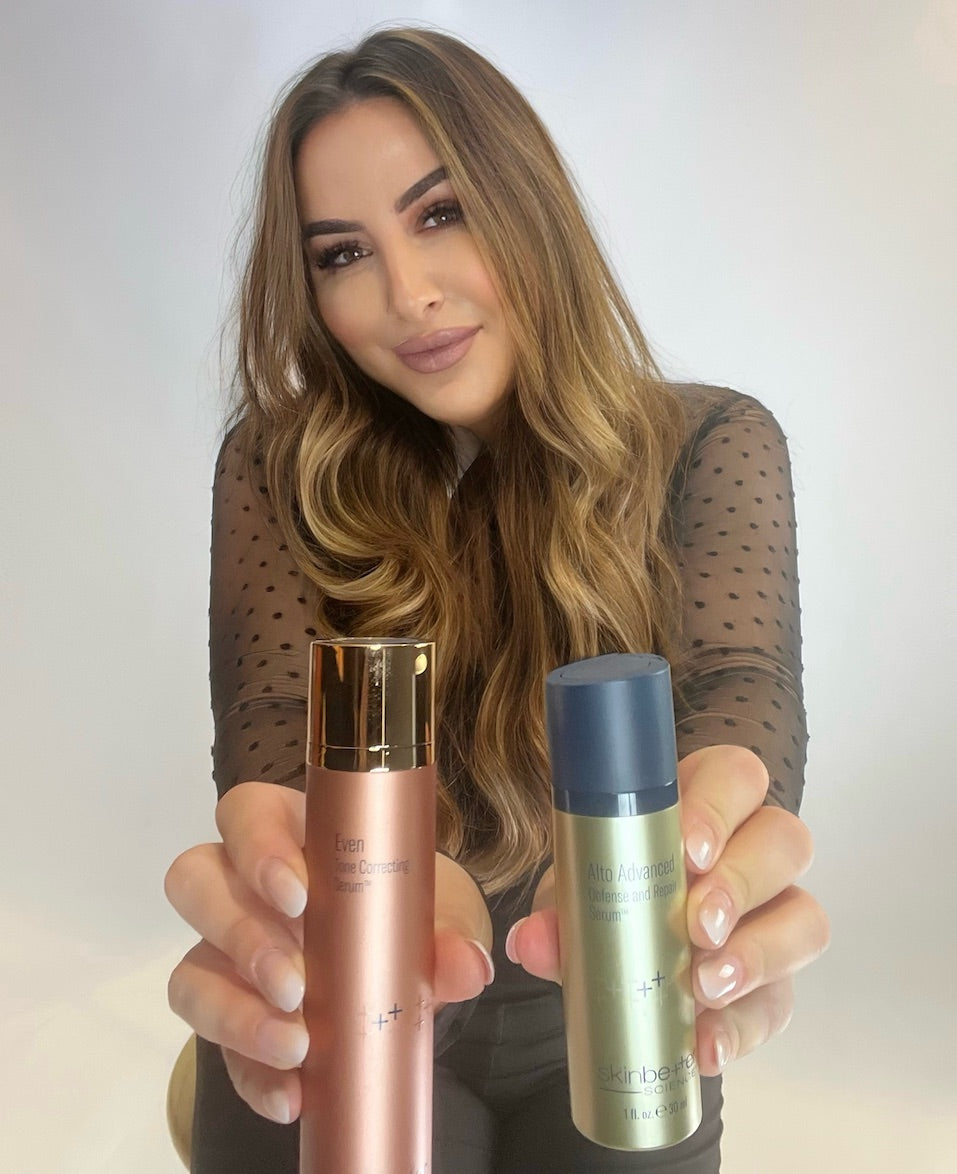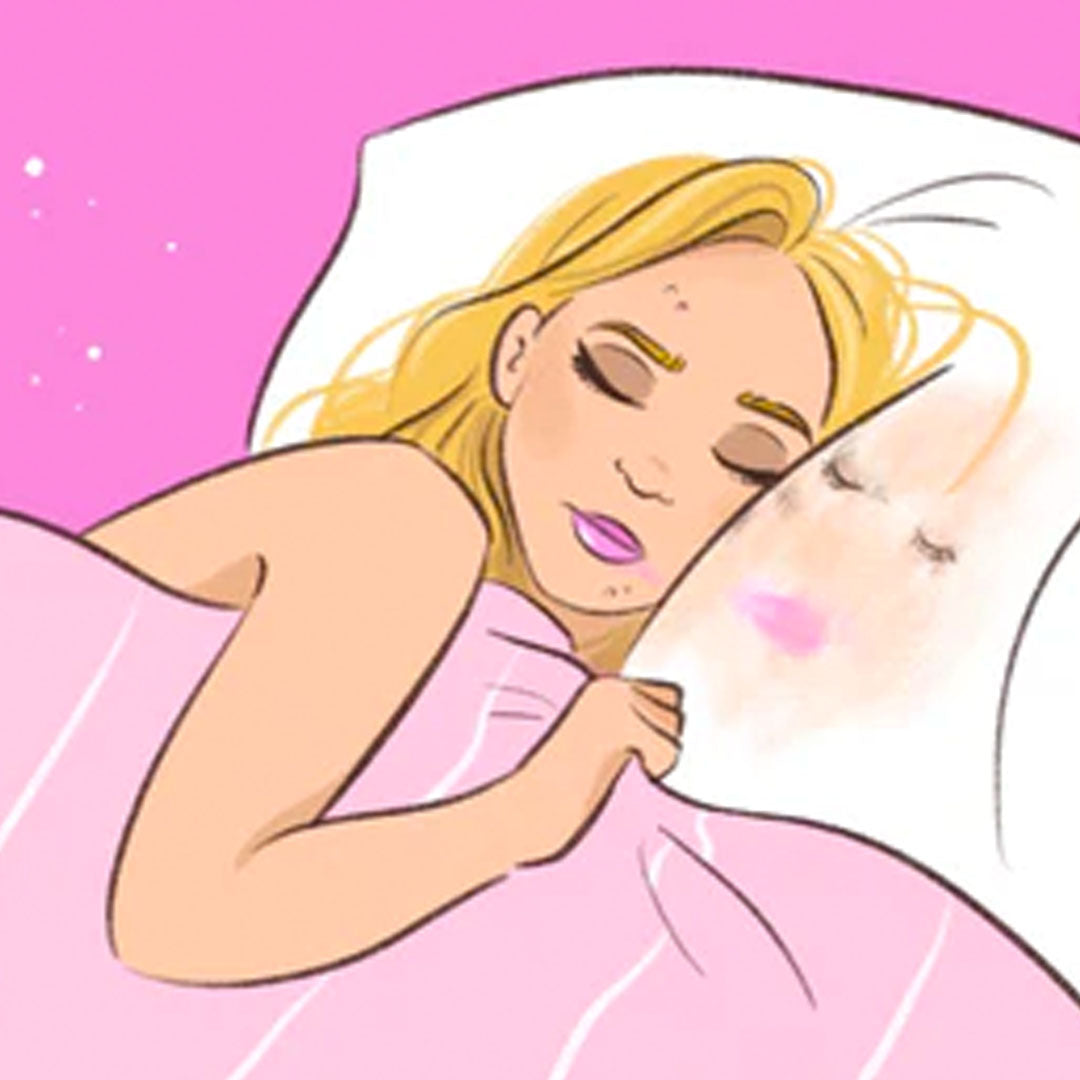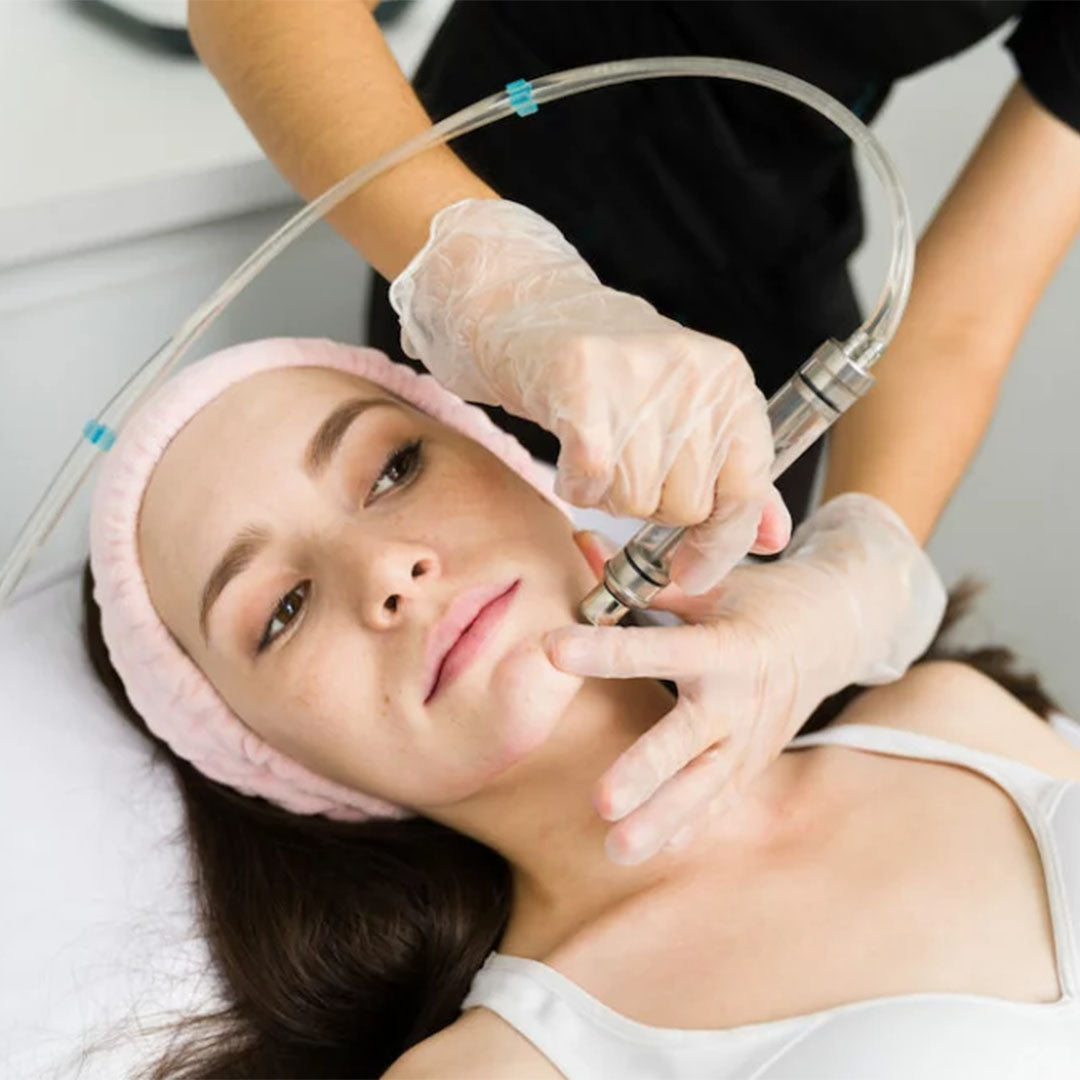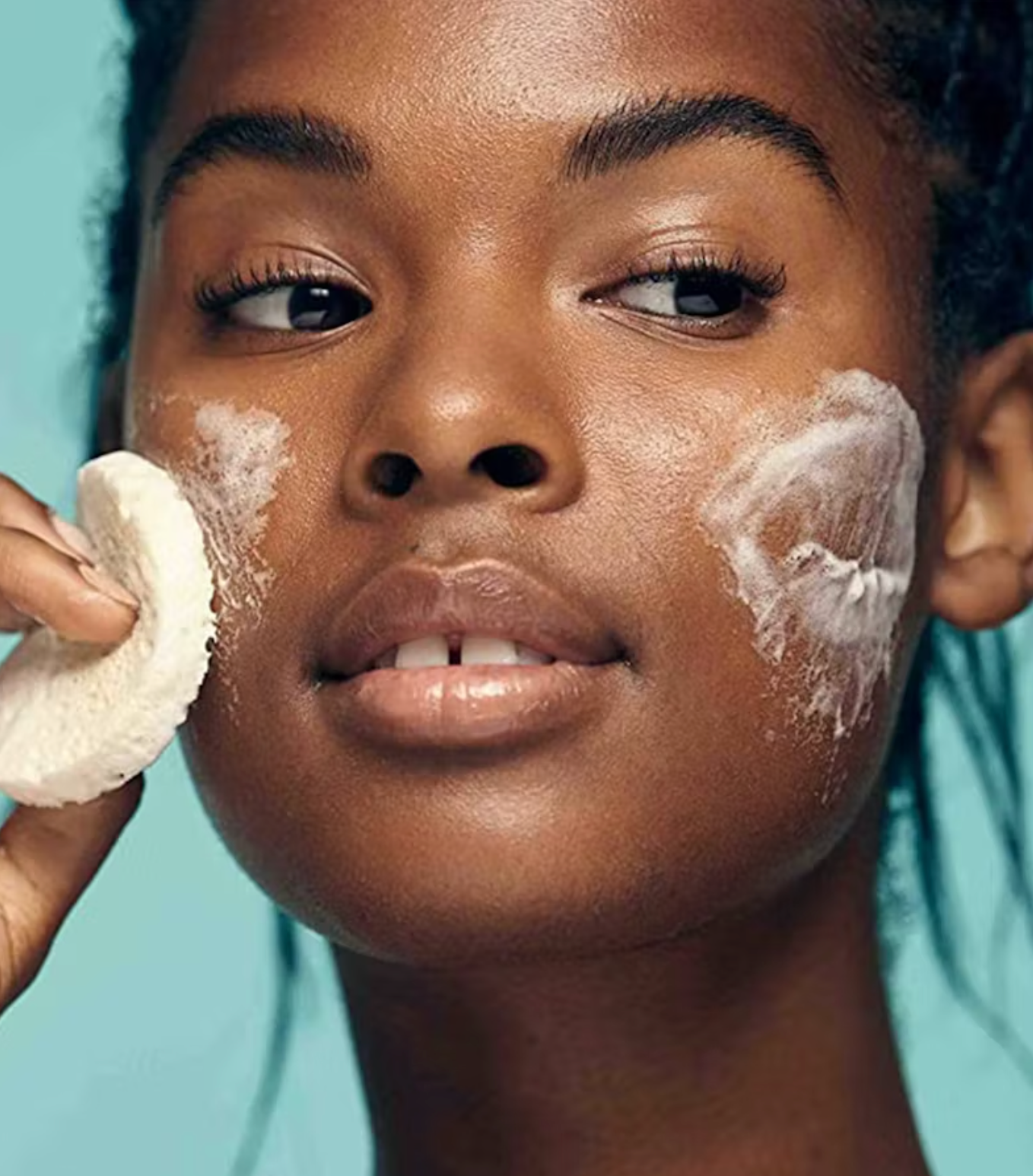We’ve all had those nights where we were too tired to remove our makeup before going to bed. We knew that it wasn’t ideal for our skin, but apparently, it does more harm than we thought (not to mention it’s a surefire way to ruin perfectly nice sheets). To help us understand the effects of hitting the hay without washing our faces, we asked a few skincare experts to answer the age-old question: What happens to your skin when you sleep with makeup on?
MEET THE EXPERTS:
- Crystal Koro is a celebrity aesthetician and founder of Crystal Clear Skin and Beauty.
- Dr. Marisa Garshick is a board-certified dermatologist based in New York.
- Dr. Lauren Penzi is a board-certified dermatologist based in New York.
1. It Can Cause Fine Lines and Wrinkles.
As you snooze, your skin works overtime to repair and replace damaged cells. However, sleeping with a layer of makeup on your face can hinder that natural renewal process from happening. “When you sleep with makeup on, it can lead to premature aging by getting in the way of your skin’s cell renewal process and breaking down healthy collagen instead,” explains Koro. “The cell regeneration process causes hair follicles to lubricate and allows oil to flow to your skin's surface. If your makeup traps the oil, it can damage the skin barrier, cause dry skin and create more visible fine lines and wrinkles.”
2. It Can Cause Acne and Breakouts.
“It’s important to remove makeup and other buildup from your skin before turning in to prevent clogged pores and irritation. Makeup is often formulated with oils and other ingredients that can lead to breakouts or sensitivity of the skin,” says Dr. Garshick. On that note: Make sure you regularly wash your pillowcases, too. Unclean pillowcases can lead to even more pimples, blackheads and breakouts.
3. It Can Lead to Eye Irritation.
OK, leaving your foundation on is one thing, but sleeping with eye makeup on is a whole other issue. The skin around your eyes is the one of the thinnest and most fragile areas of your face. “Your eyelid area is delicate, so wearing makeup to bed can lead to redness and swelling around the eye area,” explains Dr. Garshick. Plus, if you leave on mascara or eyeliner, which sits on or close to your waterline, you run the risk of eye irritation and inflammation. As Dr. Garshick points out, the worst-case scenario can increase your chances of developing a stye or eyelid dermatitis.
4. It Leads to Dry and Dull skin.
If you leave makeup on overnight, it can block any oxygen or nutrients from entering your skin. And as mentioned above, it can impede the natural shedding away of dead skin cells. “When you sleep with your makeup on, the skin is unable to properly exfoliate. Natural exfoliation refers to the shedding of the epidermis (aka the cells in the upper layers of skin). This entire layer is regenerated every 28 days on average, so sleeping with your makeup can slow down this process, leading the skin to look dull and dry,” says Dr. Penzi.
5. It Can Cause Flare-ups and Allergic Reactions.
All skin types can face irritation from keeping their makeup on overnight, but sensitive skin is even more prone to itchiness, rashes and redness. Dr. Garshick notes that some are at risk of contact dermatitis or an allergic reaction due to the products’ ingredients being left on the skin for too long. She adds, “The combination of friction from tossing and turning while you sleep and the makeup can lead to irritation which may appear as red, flaky or dry patches on the skin.”
Is It OK to Sleep with Your Makeup On for One Night?
Listen, there is no beauty shaming allowed here. You can (and likely will) fall asleep with your makeup on every once in a while. Just try not to make a habit out of it. And if you’re going to do it, the experts we interviewed all recommend at least wiping off your eye makeup before you turn in for the night. Remember: Your eyes are more prone to irritation and infection.
How Do You Stick to a Nightly Skincare Routine?
Look, you don’t have to spend hours in the bathroom or apply a million products on your face. It’s important to stick to the basics of cleansing and moisturizing though. Make sure you’re using a gentle cleanser to wash the day away and a moisturizer to keep your skin hydrated.
The derms suggest a foaming cleansing for oily skin, a hydrating cream-based cleanser for dry skin and a gentle cleanser featuring acne-fighting ingredients (like salicylic acid) for acne-prone skin. And if you can, all the experts agree that double cleansing (aka washing your face twice) is the way to go. “Always try to aim for double cleansing at night to make sure all of your makeup, dirt and residue is cleaned off your skin,” says Koro.
To follow the two-step routine, first apply an oil-based cleanser (or micellar water) to remove your makeup and other impurities. Rinse it off before going in with your face wash for a deeper cleanse. Note: Some derms recommend those with oily or acne-prone skin refrain from trying an oil-based cleanser in this method, as it can clog pores and worsen breakouts.
One more thing: “Regardless of if you choose a one- or two-step routine to remove your makeup, it’s important to be gentle and avoid harsh scrubs or vigorously rubbing the skin, as this can cause irritation and disrupt the skin barrier,” adds Dr. Garshick.
Before You Go
While it likely won’t cause too much damage if you forget to wash your face before bed once in a while, try not to let it become a habit. Doing so can lead to irritation, inflammation and eye infections. At a bare minimum, keep a pack of makeup wipes (or some cotton rounds and micellar water) by your bedside to give your face a swift swipe before snoozing. Trust, your skin and silk sheets will thank you.
This article was originally published on purewow.com.





